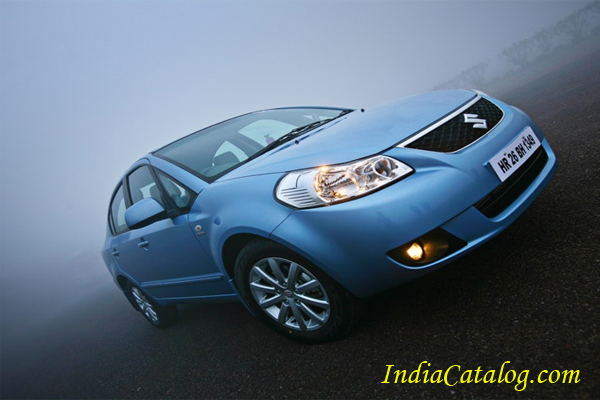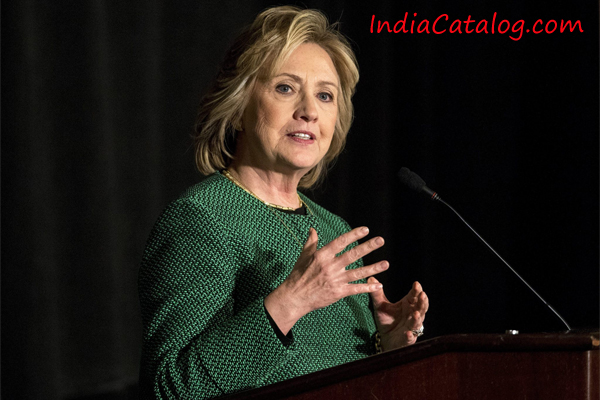Govt weighing next move after SC's JSW-BPSL order: DFS Secretary M Nagaraju
.webp)
The Department of Financial Services (DFS) has reviewed the Supreme Court’s (SC’s) judgment on JSW Steel’s acquisition of Bhushan Power & Steel (BPSL) through the insolvency process, in consultation with the lenders involved, and will now seek the government’s view on how to approach the ruling and determine the next course of action, DFS Secretary M Nagaraju said on Monday in Mumbai.
Separately, Nagaraju said the process of selling a stake in IDBI Bank will be completed in the current calendar year (2025).
“I have reviewed it with all the lenders, and we have taken a position, studied the judgment. We have got our advocate’s view on the judgment. Now, we have to take the government’s view on how we approach the judgment,” he said while speaking to reporters on the sidelines of an event.
Last week, the apex court declared JSW Steel’s resolution plan for BPSL “illegal” and ordered the latter’s liquidation, four years after JSW Steel acquired the company under the Insolvency and Bankruptcy Code (IBC). The banks will have to refund the money they received from Bhushan Steel’s resolution, for which they must make provisions in the current quarter.
The two-judge Bench of Justices Bela M Trivedi and Satish Chandra Sharma held that the resolution plan was “illegal” and “contrary” to the provisions of the IBC.
JSW Steel completed the acquisition of BPSL in March 2021, making it the largest steelmaker in the country. The Sajjan Jindal-led company paid ₹19,350 crore to the financial creditors of BPSL, which owed over ₹47,204.51 crore to lenders.
State Bank of India (SBI), Punjab National Bank (PNB), Bank of Baroda, Indian Bank, Canara Bank, and Indian Overseas Bank were among the major lenders to BPSL — one of the “dirty dozen” companies referred for corporate insolvency resolution under the IBC in 2017 by the Reserve Bank of India (RBI).
Since the apex court has quashed the acquisition, lenders will have to return the money they recovered from JSW Steel for acquiring BPSL. This will require them to make provisions starting this quarter (Q1) of 2025–26.
According to brokerage reports, banks recovered a total of ₹19,328 crore, with SBI recovering ₹4,028 crore, PNB ₹3,032 crore, Canara Bank ₹1,648 crore, Union Bank of India ₹1,434 crore, and Indian Bank ₹1,265 crore.
“We believe JSW shall soon file a review petition against this SC order, get a stay order, and appeal to a larger Bench to hear the case,” said Nuvama Institutional Equities in a report.
According to a Citi note, banks took provisioning releases against BPSL exposure in the fourth quarter of 2020–21, considering a 41 per cent recovery run rate. “...we need to weigh the recovered amount of ₹19,300 crore against the potential liquidation value (if the order is implemented as is) to assess the net impact for banks in the entire process. Corporate recoveries have aided corporate lenders in reporting below-average credit costs. Such exceptional cases raise apprehensions about the sustainability of low credit costs,” the note said.
According to Kotak Institutional Equities, the legal options available to JSW Steel appear limited; however, the liquidation process could also face delays due to litigation, resulting in prolonged adjudication.
On the IDBI Bank stake sale, Nagaraju said the process will be completed this year.
The Centre and the Life Insurance Corporation of India (LIC) plan to jointly offload a 61 per cent stake in the lender, which includes 30.48 per cent held by the government and 30.24 per cent by LIC.
In January 2023, the Department of Investment and Public Asset Management issued an expression of interest. The names of interested bidders were sent to the RBI for scrutiny. After obtaining RBI clearance, the shortlisted bidders were granted access to IDBI Bank’s data room.
Currently, LIC owns 49.24 per cent of IDBI Bank, while the government holds a 45.48 per cent stake in the private sector lender.

.webp)
.webp)
.webp)
.webp)
.webp)
.webp)
.webp)
.webp)
.webp)
.webp)













